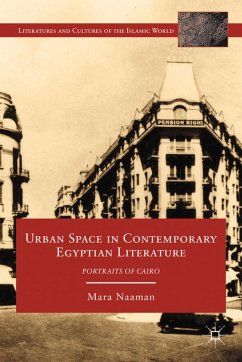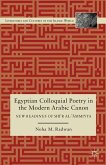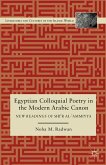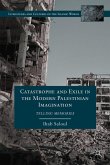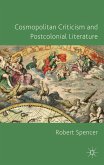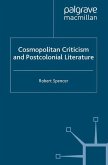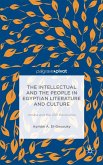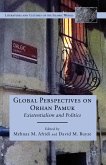"Urban Space in Contemporary Egyptian Literature does an admirable job of underlining the ways in which 'a reworking of the past vis-à-vis our cities is an important part of the process in determining who we are (and want to be) in the present'" - Arab Studies Journal
"In this fascinating and well researched study, Naaman brings a host of works on heritage, nostalgia, modernity and modernization, colonialism and post-colonialism, and, of course, architecture, to bear on her analyses of portraits of downtown Cairo that emerge from four Egyptian novels. The events of February 2011 have brought this very space to the attention of a world-wide public, one that will surely gain from a reading of Naaman's excellent study." - Roger Allen, Professor of Arabic and Comparative Literature, University of Pennsylvania
"An original, intelligent, and imaginative contribution. Naaman successfully draws the reading of contemporary Arabic literature into a broader set of concerns about modernity, national identity, class, ethnic conflict, and the experience of urban life." - Timothy Mitchell, Professor of Middle East and Asian Languages and Cultures, Columbia University
"This study adds several dimensions to our understanding of the Egyptian novel: narration of space in the novel, the representation of urban space, and the emergence of a decidedly post-nationalist form of writing. What emerges from Naaman's discussion is that these novels are part of adefinable new literary school whose sites, themes, and styles mark a radical departure from earlier ones." - Elliott Colla, Chair, Department of Arabic and Islamic Studies, Georgetown University
"In this fascinating and well researched study, Naaman brings a host of works on heritage, nostalgia, modernity and modernization, colonialism and post-colonialism, and, of course, architecture, to bear on her analyses of portraits of downtown Cairo that emerge from four Egyptian novels. The events of February 2011 have brought this very space to the attention of a world-wide public, one that will surely gain from a reading of Naaman's excellent study." - Roger Allen, Professor of Arabic and Comparative Literature, University of Pennsylvania
"An original, intelligent, and imaginative contribution. Naaman successfully draws the reading of contemporary Arabic literature into a broader set of concerns about modernity, national identity, class, ethnic conflict, and the experience of urban life." - Timothy Mitchell, Professor of Middle East and Asian Languages and Cultures, Columbia University
"This study adds several dimensions to our understanding of the Egyptian novel: narration of space in the novel, the representation of urban space, and the emergence of a decidedly post-nationalist form of writing. What emerges from Naaman's discussion is that these novels are part of adefinable new literary school whose sites, themes, and styles mark a radical departure from earlier ones." - Elliott Colla, Chair, Department of Arabic and Islamic Studies, Georgetown University

